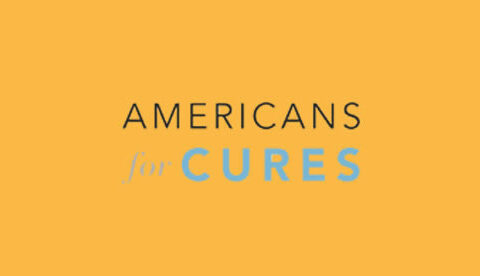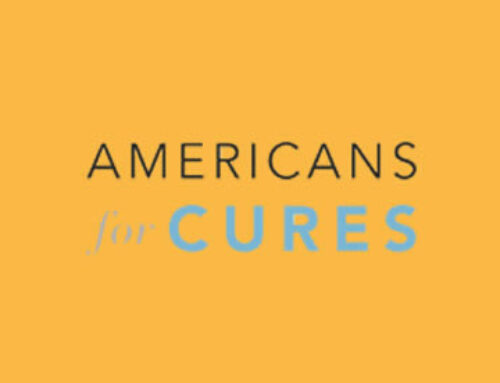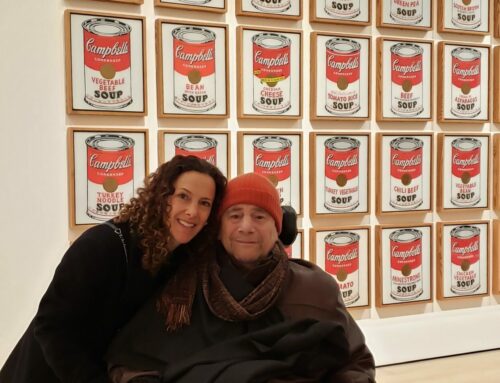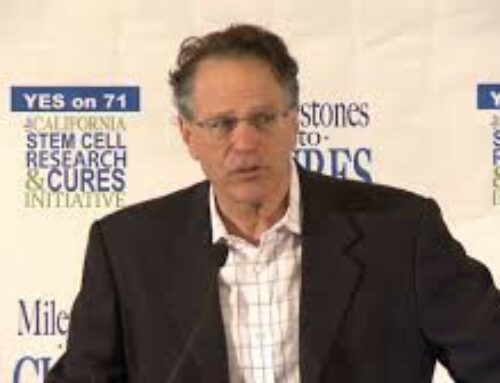In 2015, about half of the population in California was living with at least one chronic condition, and the projected cost of care for these devastating diseases is $4.7 trillion by 2030. Whether it is a family member, friend or ourselves, most of us know someone with a chronic disease or condition. With Proposition 14, we have an opportunity to make a critical decision that could positively impact the lives of patients in need of treatment and improve the affordability and access to stem cell treatments, here in California and beyond.
With mail-in ballots already sent to every registered voter in the state and Nov. 3 being the last day to vote, now is the time for Californians, including many UC Berkeley students and faculty, to vote “yes” on Prop. 14, also known as the California Stem Cell Research, Treatments, and Cures Initiative of 2020. If passed Nov. 3, Prop. 14 will authorize $5.5 billion in state general obligation bonds. This will allow stem cell research to continue being funded and for treatments to be created and distributed throughout California. By passing this proposition, we have the ability as voters to advance medical research and therapy development, as well as reduce the pain, suffering and enormous financial burden of health care. As members of the UC Berkeley community, I ask that you join me and the UC Board of Regents in supporting Prop. 14.
Passing Prop. 14 would be an important step on the journey to save lives from incurable diseases, conditions and injuries such as cancer, heart disease, diabetes and many others. If Prop. 14 passes, it would continue to build on the successes of California’s initial investment in stem cell research, made possible through Proposition 71 in 2004, which established the state stem cell research funding agency, the California Institute for Regenerative Medicine, or CIRM.
CIRM has directly impacted UC Berkeley, as funding from CIRM and the Gordon and Betty Moore Foundation established the Shared Stem Cell Facility in Stanley Hall and the CIRM Center of Excellence in the Li Ka-Shing Center for Biomedical and Health Sciences. UC Berkeley scientists have been awarded 25 grants from CIRM since the passage of Prop. 71 in 2004, totaling more than $55 million in funds.
With this funding, a variety of studies in neurological disorders have advanced. Scientists such as David Schaffer have led research groups at UC Berkeley that are focused on developing stem cell approaches to neuroregeneration. This research has also looked at applying stem cells to cell replacement therapy and disease modeling. CIRM funds have also helped drive many other multidisciplinary collaborations between biologists and engineers here at UC Berkeley. Without CIRM’s financial support, UC Berkeley may not have had the expansive stem cell research programs that we have today. If Prop. 14 isn’t passed, some of these great collaborations may no longer have adequate funds to continue.
Statewide, CIRM has advanced research and therapy development for several diseases and conditions, from brain and breast cancer to Type 1 diabetes. As part of this, CIRM has directly funded 64 clinical trials and provided earlier stage research funding for more than 10 additional clinical trials, all of which could lead to treatments and therapies approved by the Food and Drug Administration if the studies prove successful.
Since its creation, CIRM has also helped scientists in California accelerate their progress in stem cell research. It can take several years — as many as 15 years, in some cases — for new discoveries to become clinical trials, but it seems CIRM has helped change that. Over the past 16 years, CIRM has funded or supported more than 80 clinical trials. Additionally, through CIRM, more than 4,000 patients have been enrolled or are expected to enroll in clinical trials.
While CIRM has accomplished a great deal since 2004, there is still much work to be done in the world of stem cell research — although many of the clinical trials are on track for review and could possibly result in FDA-approved treatments. CIRM’s nearly 3,000 published medical discoveries have created an important foundation for future progress, but CIRM’s stem cell research funding is still working to tackle new fronts for many different diseases, including COVID-19. However, without continued funding made possible by the passage of Prop. 14, much of this research could be stopped in its tracks.
If California voters do not pass Prop. 14, promising research programs developing treatments and therapies may end too soon. These programs may not gain FDA approval and availability to the public in California and beyond. For many folks, this could be the difference between life and death — and the difference between living a life with chronic pain and a life free of it.
As members of the UC Berkeley community, we must recognize that chronic conditions, diseases and illnesses directly impact folks on campus and in our larger communities. Prop. 14 is an opportunity for us to prioritize the health and well-being of both strangers and loved ones. Let’s vote “yes” and pass Prop. 14 for them.
Samantha Behar is a senior studying history and public policy at UC Berkeley.









